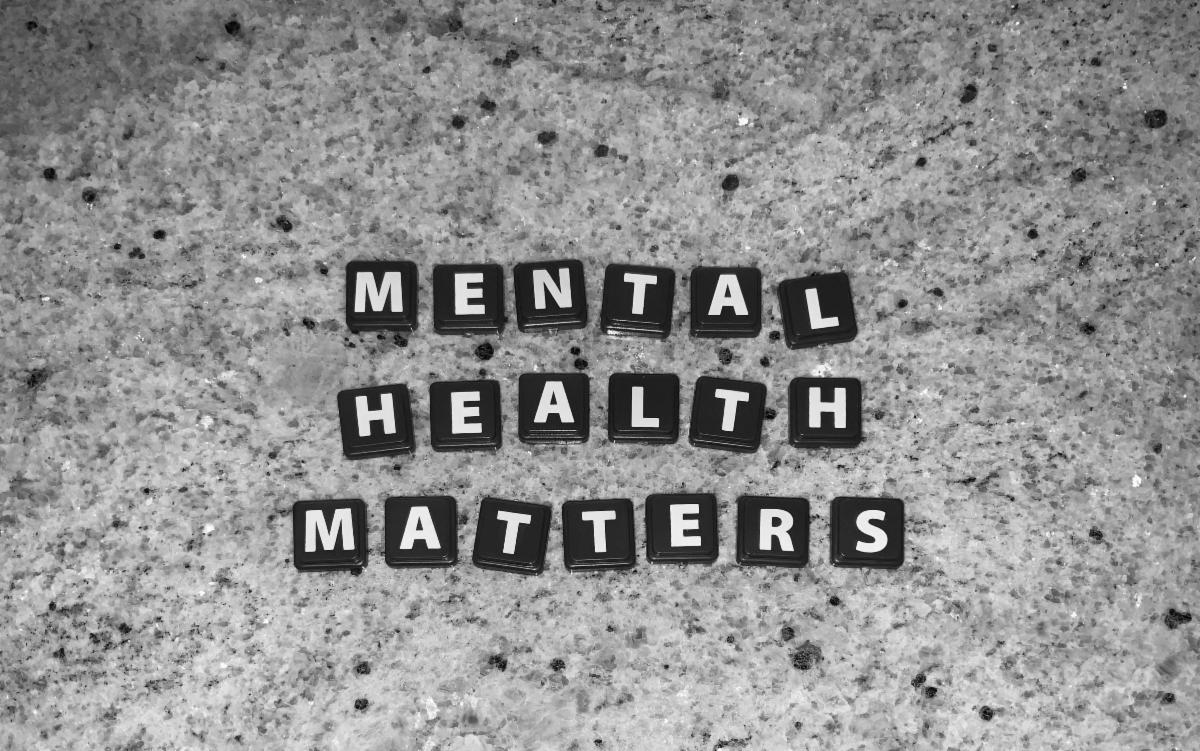Mental Health Matters!! Many people experience anxiety, depression, or other mental health related concerns at some point in their lives. Sadly, this has become a more common experience after all the stressors of the last two years. The global pandemic potentiated social isolation, lack of support, loss of loved ones, and so much more.
As naturopathic physicians, we have many unique ways of supporting patients’ mental health. One of the ways we do this is through testing and balancing neurotransmitter levels. Neurotransmitters are chemical messengers that are produced in the nervous system to relay messages throughout the body. The one we hear the most about is serotonin. Serotonin has many roles in the body, one of its most important is stabilizing the mood. When we are stressed we burn through our stores of serotonin. Not having enough serotonin can make one feel depressed, anxious, and agitated. It is no surprise, that SSRI’s (selective serotonin reuptake inhibitors) are one of the most common medications prescribed today.
One of the most common tests we recommend for our patients who are struggling with depression, anxiety, fatigue, and insomnia is a urinary neurotransmitter test. The results of this comprehensive test show the current levels of eight primary neurotransmitters in the body. We use these results to help identify the individual support a patient needs to feel in better balance. Each neuro-pathway has an amino acid that starts or feeds each neurotransmitter. Each individual step in each pathway, requires certain cofactors (that are often vitamins and minerals) to convert one neurotransmitter to another, or help to synthesize and produce adequate levels of the neurotransmitters as a whole. In addition, there are systems where your body helps clear out excess levels of these neuro-chemicals as well.
I am in awe with our nervous system, the neuro-chemicals, and all the ways that it supports our activities of daily living. Having a balanced nervous system is so important in living our healthiest lives. Testing is just one aspect of supporting our mental health. We use the information to guide our patients with a wholistic treatment plan that may include nutrition advice, supplements, medication when indicated, mindfulness, therapy, movement, and more. Each person, how they got here today, their experience, and their plan is unique.



